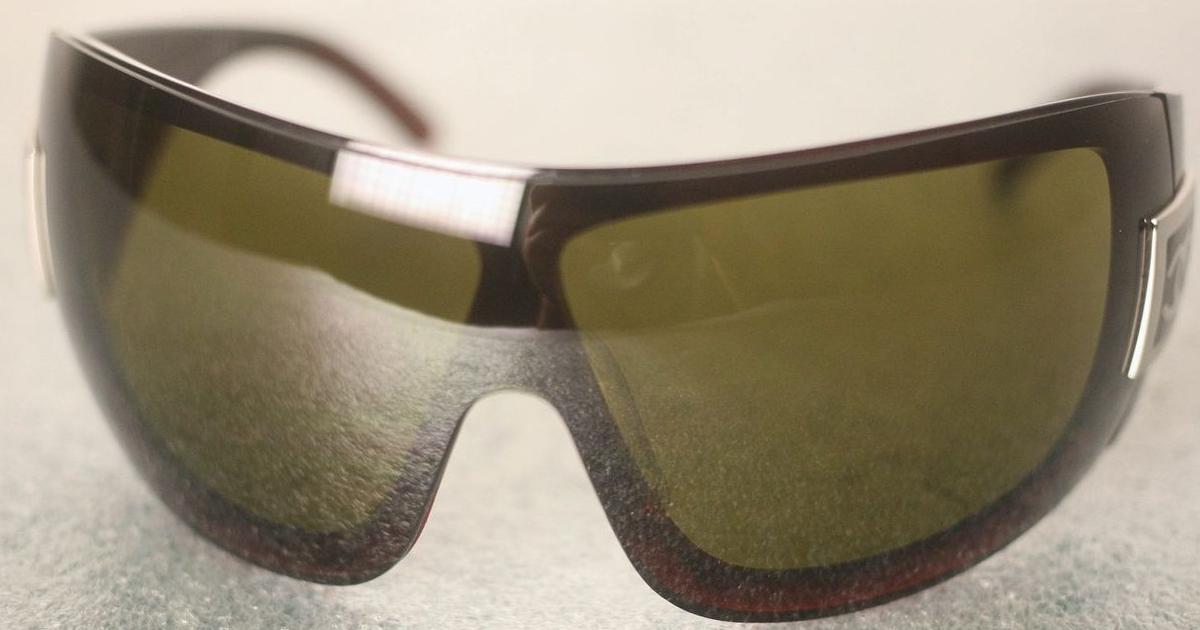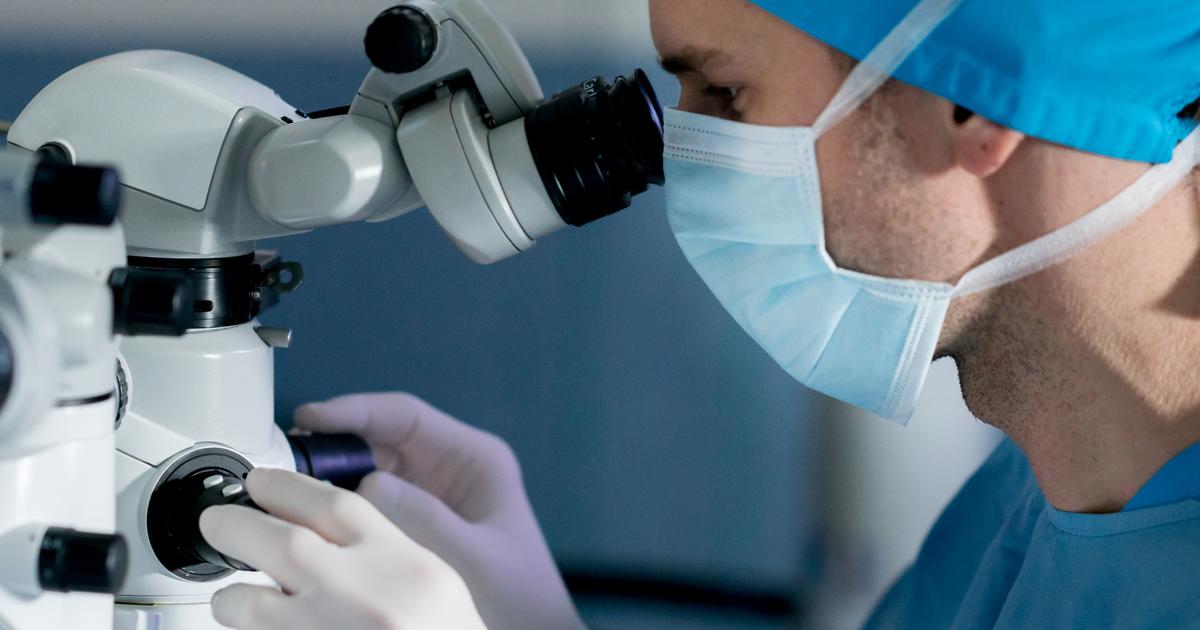Methods Of Treating Fuchs' Dystrophy
Wraparound Sunglasses

Many patients with Fuchs' dystrophy will begin to experience colored halos and harsh glares in their vision as the disease progresses. One of the ways found to help with managing these types of vision issues is the use of wraparound sunglasses. These special sunglasses have a wraparound effect where the tinted lenses wrap all the way around each side of the head to the temples. This configuration ensures light cannot penetrate underneath the lenses and exacerbate the glares Fuchs' dystrophy patients experience with light sources.
Wraparound sunglasses can be obtained with or without a built-in corrective lens prescription. Many of these sunglasses available today also have specially made coatings that can help with further reducing light scattering and halos that frequently plague individuals who have Fuchs' dystrophy. Not only do these sunglasses help with the scattering of light, halos, and glares, but they are also beneficial for individuals who have a severe sensitivity to light as a result of their Fuchs' dystrophy.
Other Corneal Surgery

For individuals with Fuchs' dystrophy who may not be good candidates for the full corneal transplant procedure, there are other corneal surgery options available. Keratoprosthesis implantation is a surgical procedure in which the full thickness of the cornea is removed, and instead of being replaced by a donor cornea, it is replaced with an artificial cornea. Many individuals who have Fuchs' dystrophy who undergo keratoprosthesis implantation have had prior complications with a corneal transplant. Unlike a full transplant from a human donor, keratoprosthesis does not carry the risk of donor tissue rejection.
Artificial corneas are an ideal long-term solution that can provide a Fuchs' dystrophy patient with normal vision as long as the rest of the eye is not severely damaged. Some individuals with Fuchs' dystrophy may also experience the development of cataracts. Cataract surgery can be performed on individuals with both cataracts and Fuchs' dystrophy, though once the disease has progressed to a particular stage, a combination surgical procedure to resolve cataracts and replace the cornea may be required to restore normal vision.
